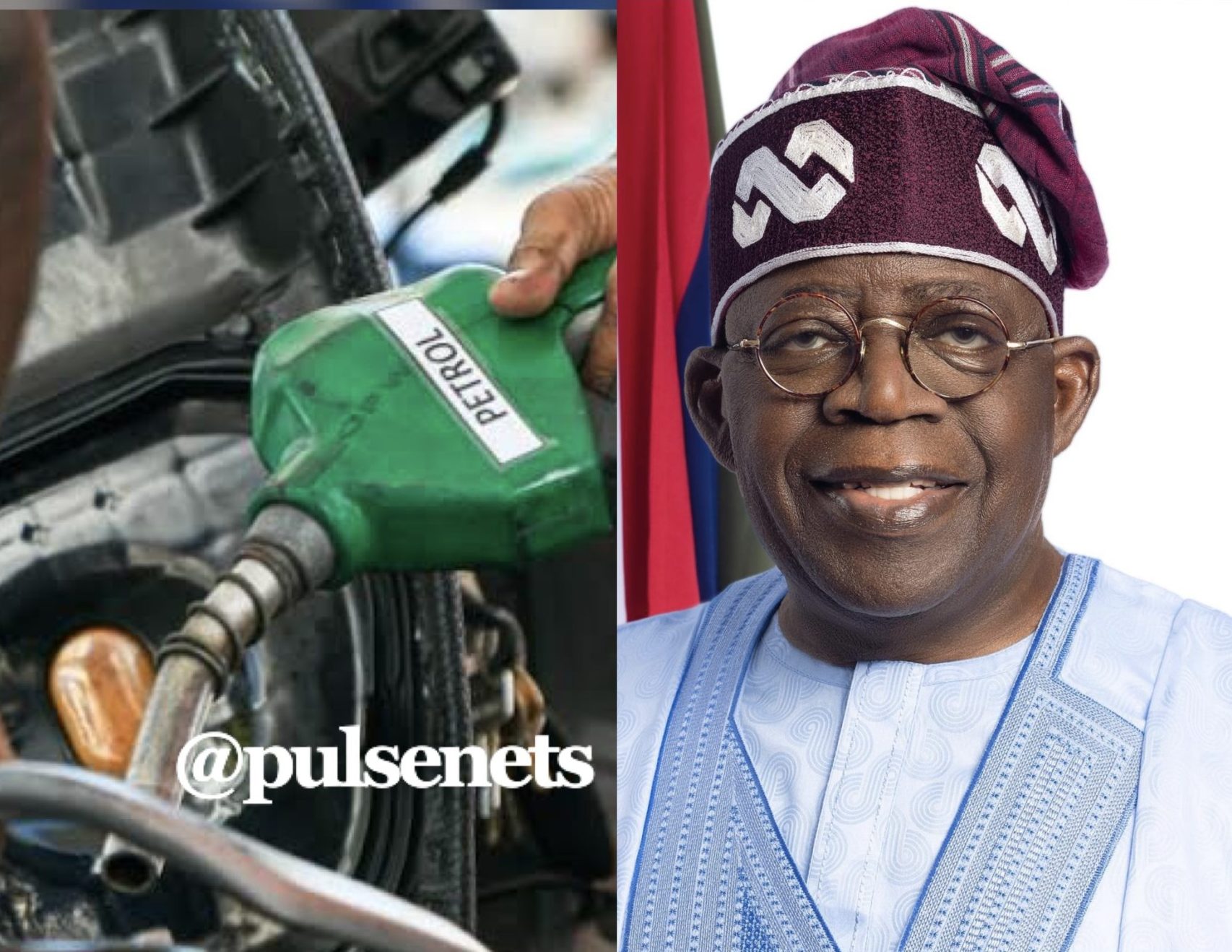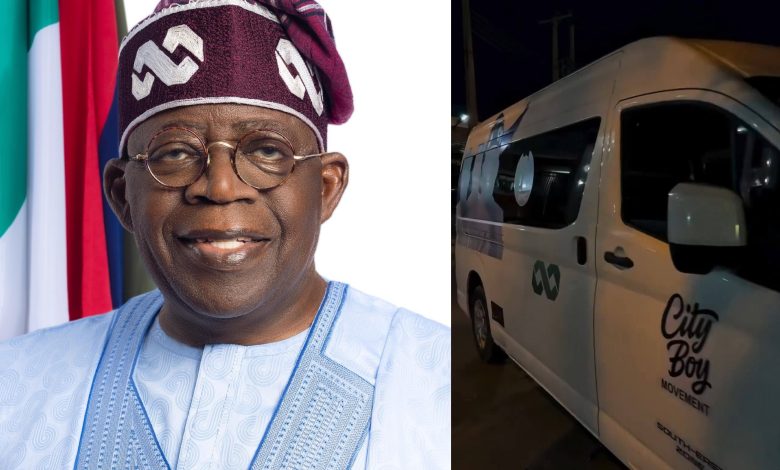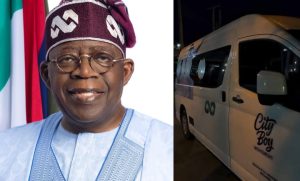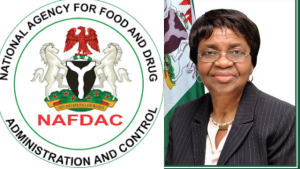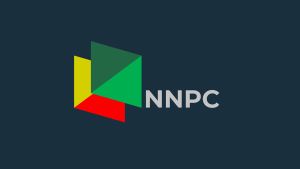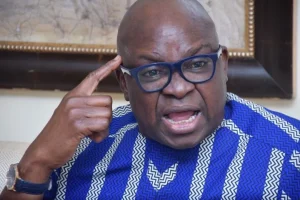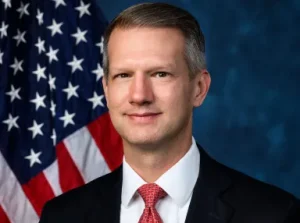Fuel price: Uncertainty looms as crude oil hits $93.50
The continued rise in the price of crude oil at the international market has raised anxiety about a further petrol price hike in Nigeria.
PulseNets reports that the product sold at $93.55 per barrel on Monday,
The development comes in the face of the Naira depreciation at the foreign exchange window, exchanging at N980/$1 on Monday at the parallel market.
However, the Independent Marketers Association of Nigeria, IPMAN, and the Major Oil Marketers Association of Nigeria have allayed the fear of a possible petrol price hike over the rising price of crude oil at the global market and the free-fall of the Naira at the forex window.
PulseNets recalls that in the last three months fuel price has been increased twice.
Upon removing the fuel subsidy in June, the pump price was reviewed upward by 210 per cent to N546.83 per litre from N175/per litre. Less than a month later, the fuel pump price was increased to N617 per litre from N546.83.
Between July and September, no fuel increment has been affected despite the continued fall in the price of Naira at the forex market.
The development is sequel to President Bola Ahmed Tinubu’s assurance to Nigerians that there will not be further fuel pump price increments, according to Ajuri Ngelale, Special Adviser to the President on Media and Publicity.
“We repeat, the President affirms that there will be no increase in the price of petroleum motor spirit,” he said.
The Group Chief Executive of Nigerian National Petroleum Corporation Limited (NNPCL), Mele Kyari, reiterated Tinubu’s assurance.
Except in July, when Emadeb Energy imported 27 million litres of fuel into Nigeria, NNPC limited has been the sole supplier of the product nationwide.
There are also claims that the Federal Government was indirectly subsidizing the commodity in order to avert a further increment in the pump price.
Speaking exclusively to newsmen on Monday, the President of IPMAN, Chinedu Okonkwo said there is no cause for alarm over the fuel price increase.
He said the Nigerian National Petroleum Corporation Limited is the sole supplier of petrol nationwide and has not proposed an increment plan.
Okonkwo explained that fuel marketers purchase their products in Naira.
He urged the federal government to speed up efforts toward ensuring the implementation of Compressed Natural Gas as a viable alternative to fuel.
“We are getting fuel products from our source, the NNPCL Retail. NNPCL has not told us that the price of fuel will change; I should not speculate on price increments.
“I think we have NNPCL that solely gives us products. The market fundamental determines the price; if NNPC decides to increase the fuel pump, we will also change.
“For now, there is nothing to worry about. The same reason the price could go up, it can also come down. NNPCL can do anything to remain in business. No marketer should complain of dollar scarcity because they are not importing PMS. NNPCL is the sole importer for now.
“Government should include stakeholders like IPMAN into the Compressed Natural Gas initiative; that is the way out”, he said.
Also, a former Chairman of MOMAN, Tunji Oyebanji explained that the country has a special fuel-deregulated market where NNPCL sets the price as the sole supplier.
According to him, as long as NNPCL remains the sole supplier and fuel importer, the product’s price may likely remain unchanged in the interest of the generality of Nigerians.
“We are operating in a deregulated market in a peculiar situation, because the company importing fuel to Nigeria is only the NNPCL.
“If I want to import, the landing cost may be higher than the prevailing market price. As a result, only NNPCL can import at this time.
Also Read: Cocaine To Overtake Crude Oil As Colombia’s Main Export After $18.2b Revenue
“That means that they indirectly set the price in the market since they are the sole importer.
“They are suppliers to the entire market and, at the same time, a retailer. So, NNPCL’s price is going to be an indication of what the market is saying today in the country.
“Because we are operating in a market with a single supplier, that supplier will determine the product’s price. There may be a price increase if fuel importers other than NNPCL enter into the supply chain market,” he stated.
